Local Legend: Lindsay Wright - Done the hard yards
Sue Fea © the Southland App
09 June 2025, 9:56 PM
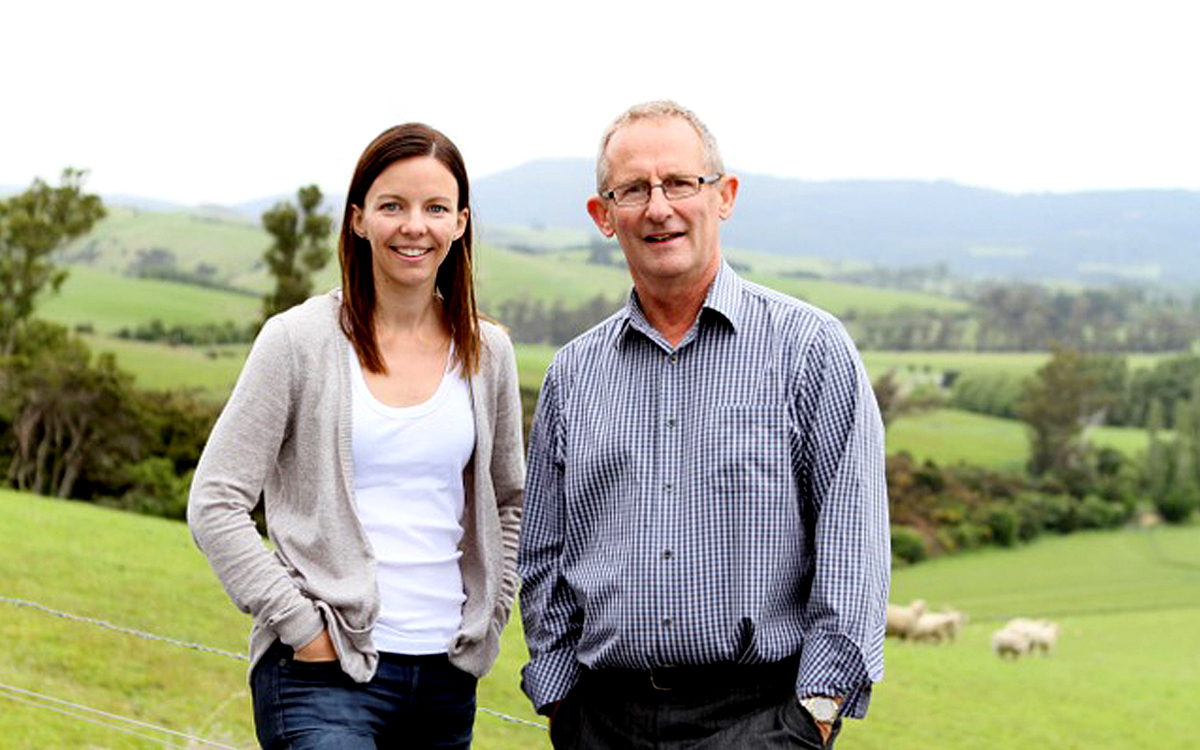 Lindsay Wright (right) with Well South's Katie Jahnke. Together they set up 'Good Yarn Workshops." Lindsay recently retired from the Southland Rural Support Trust after completing almost 20 years. Photo: Supplied
Lindsay Wright (right) with Well South's Katie Jahnke. Together they set up 'Good Yarn Workshops." Lindsay recently retired from the Southland Rural Support Trust after completing almost 20 years. Photo: SuppliedHe’s been almost 20 years at the heart of the Southland Rural Support Trust getting alongside farmers who’ve done the hard yards through tough times.
Throughout that time, out of his own bad Lindsay Wright has been able to bring about good, something he’s now very passionate about.
Lindsay, 70, recently retired as a volunteer trustee from the trust which he chaired for three years through the effects of Southland’s ‘Big Snow’ in 2010, also working as the trust’s coordinator for 10 years.
However, he says if he hadn’t hit rock bottom himself due to extreme financial pressure farming then he wouldn’t have been able to help from a place of such empathy and understanding.
Born in Mosgiel where his dad was the weather officer at Taieri Airfield, the family - six children, moved to Wendonside, near Riversdale, to his mother’s family farm to help his grandfather, who’d lost a son in World War II.
His grandfather died just four years in leaving his parents to run the farm.
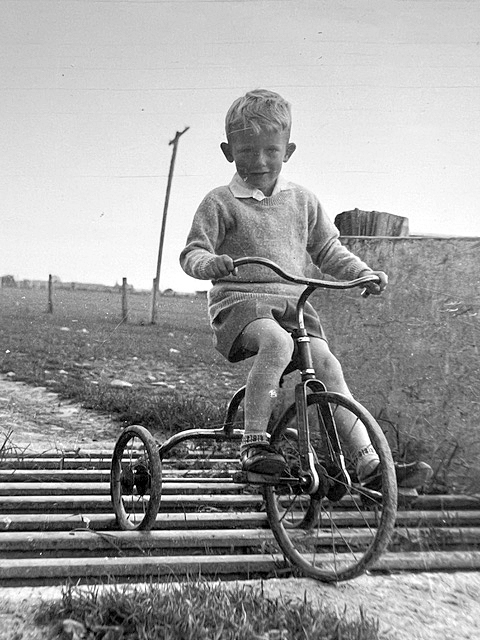
A young Lindsay Wright negotiating the farm cattle stop on his trike. Photo: Supplied
Lindsay went to Gore High then Canterbury University from 1972 where he studied electrical engineering before switching to a Bachelor of Computer Science, one of the early students.
For five years he worked as a computer programmer for International Harvester in Christchurch then British Leyland in Sydney. “International Harvester had one of the first companies using data transmission up telephone lines in the mid-70s,” he says.
“Transmission speed was 1200 characters a second and you could literally see the letters rolling onto the screen."
"Now the internet is at 50 million characters per second."
“It was fun, and I enjoyed it but it was a very ego-driven and empire building occupation back then,” he says.
After a year-long OE in 1981 Lindsay returned to Wendonside to help his father on the farm which he and his first wife bought from the family in 1985.
“I borrowed as much as I could but two months after I got my mortgage Roger Douglas (then Labour Finance Minister) removed SMPs (Supplementary Minimum Price) subsidies for farmers."
"My mortgage stayed the same and my income halved."
"I don’t know how we survived,” Lindsay says.
“At the worst I could only feed the sheep. That was all I did. I was still farming with my grandfather’s old 7 to 8-foot-wide (2.13m to 2.44m) equipment.”
His married couple farm worker left for the freezing works leaving Lindsay to run 1100 acres (445ha) on his own. “We just existed.”
Even when the rural economy picked up it took 18 months to catch up on all the jobs. “Everything we had went back into the farm. I was forever in overdraft paying high interest rates. It’s expenses first in farming and income at the end of the year.”
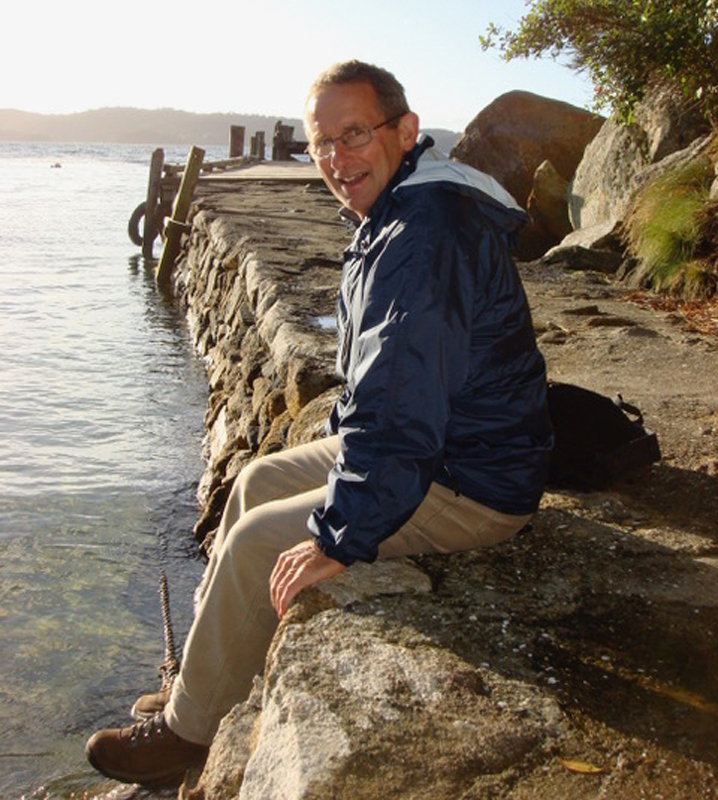
Lindsay Wright. Photo: Supplied
Lindsay tried diversifying into goats, even developing some computer software for a goat consortium. “But I was spending so much time on that instead of my main income of sheep. I paid up to $200 a head for goats and sold them for $5. I lost $3000,” he says. “I learned to stick to my knitting.”
After 24 years farming the numbers just wouldn’t add up while the bills and pressure mounted, which all took its toll on Lindsay’s health and he leased the property to neighbours in 2006.
“The lamb price had gone through the roof in 2001 – the first time it had gone over $100. But four years later it had plummeted, Lindsay losing $40,000 a year while his mortgage kept growing.
It was an immensely difficult time for him and his relationships.
“I’ve discovered through my Rural Support work that many issues based out in the paddock end up in the kitchen affecting families,” he says.
Farming can be a lonely, isolated existence so it’s important for farmers to stay connected and Kiwi men to learn to open up and realise it’s ok to ask for help,” Lindsay says.
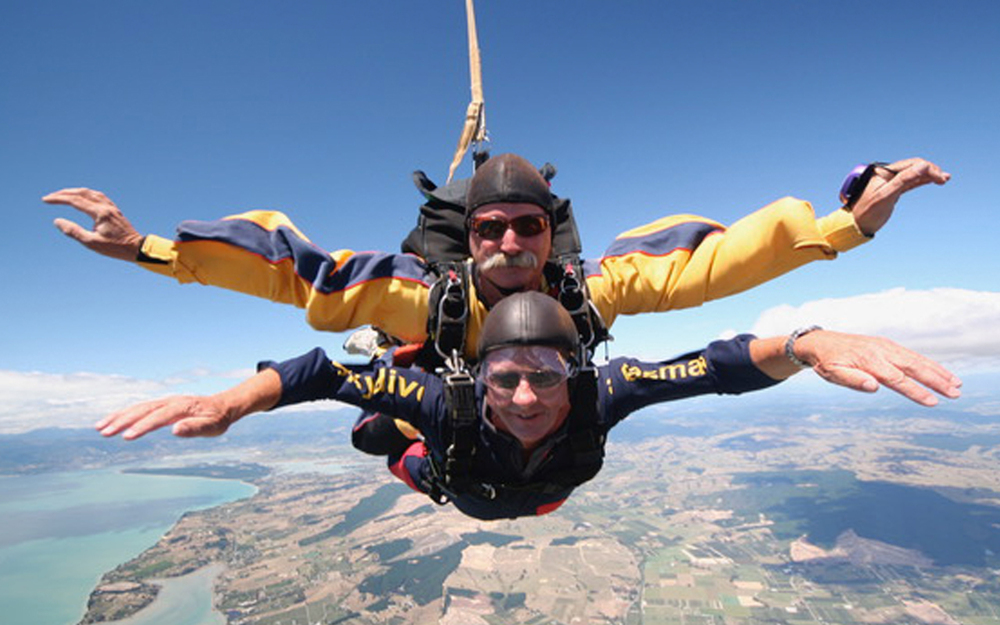
Lindsay Wright. Photo: Supplied
“When you’re a farmer you don’t have a ‘Smoko’ room where you can talk to your workmates. Thankfully, now we have organisations like Rural Support and Farm Strong to look after farmers’ wellbeing.”
After taking time out from farming Lindsay was able to turn all this life experience into both practical and emotional support for other farmers doing it tough, whether that be due to adverse weather events or personal issues.
It all started as a follow-on to the lessons learned from the big snowfalls in Mid-Canterbury in the 1990s when Lindsay says farmers found themselves last to receive assistance as help always reached the greater populace first.
“Farmers began to form groups to help themselves during adverse weather events.”
By the late 90s the government through MAF (Ministry of Agriculture and Fisheries) realised it was worth having standardised groups in every province nationally.
“By 2007 Northland and Southland were the only places without support groups so Southland Federated Farmers put an ad in the paper seeking expressions of interest for an Adverse Events Trust.”
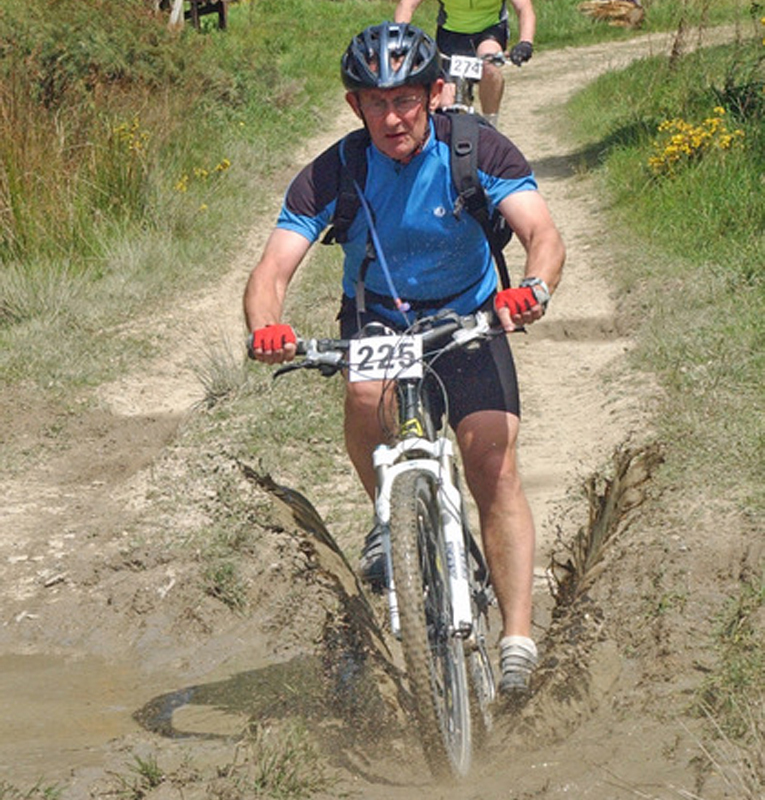
Lindsay Wright competing in the EH Coast Classic. Photo: Supplied
Lindsay put his hand up for the steering committee to investigate setting up a trust for Southland. He turned out to be a real asset. “If you’ve been down the road you know where the bumps are and it gives you the ability to sit with people and go through what they’re going through,” he says.
By 2008 the trust was formed, the volunteer trustees all actively out in the community helping initially. “We didn’t know much about what we were doing, but we did what we thought we could do.”
There had been some droughts in those early days, but on 18 September 2010 ‘The Big Snow’ came catching farmers out in southern Southland during spring lambing and calving.
It was a baptism of fire for the support trust.
“Stadium Southland’s roof caved in in the snow on the Saturday. We had our AGM on Monday, where I was elected chairman, and by Thursday MAF was in Invercargill declaring an ‘adverse event’. We hit the ground running, co-managing it with Federated Farmers. We all got into a room and hatched a plan.”
They brought in stakeholders from rural professions, Civil Defence, Councils, sending troops in trucks to all farms in the affected area with food packs and questionnaires asking if rural families were ok and what they needed.
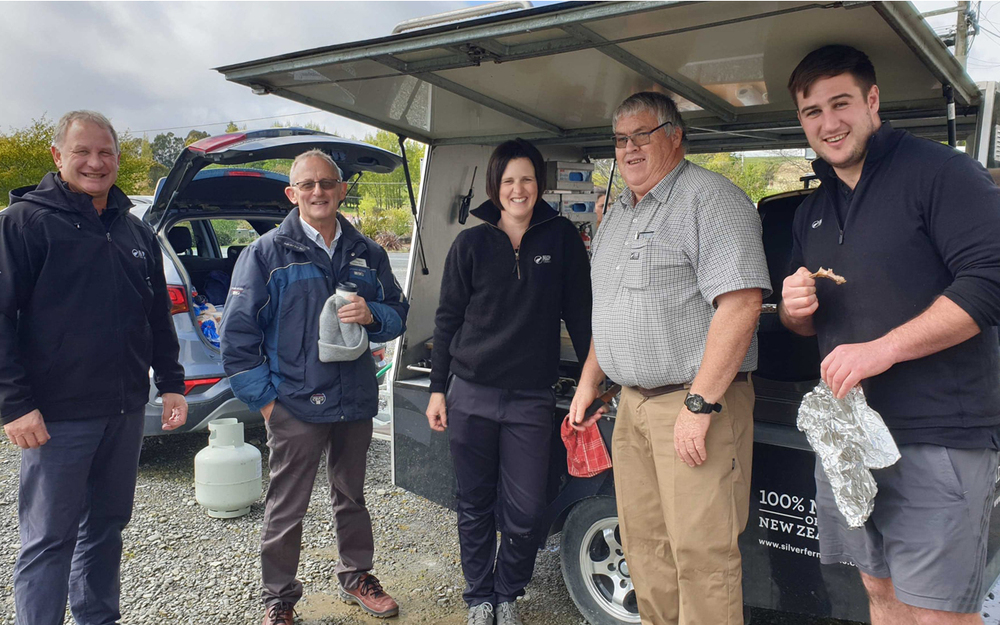
As Southland Rural Support coordinator, Lindsay Wright fronted the initiative that saw farmers invited off-farm for a 'Brunch on Us' event after the 2020 Southland Floods. Photo: Supplied
“Over three weeks they visited 2000 farms.” Seminars were organised to help farmers with the necessary information to deal with what they’d lost.
“Some had lost 50% of their stock. We brought in vets, mental health advisors. Some people had to make some major adjustments.” They didn’t know the true extent of the damage until tailing in October. “That was where we learned a lot about dealing with disaster.”
Through his involvement with the trust and Toastmasters, Lindsay was invited to help create a mental health workshop with WellSouth.
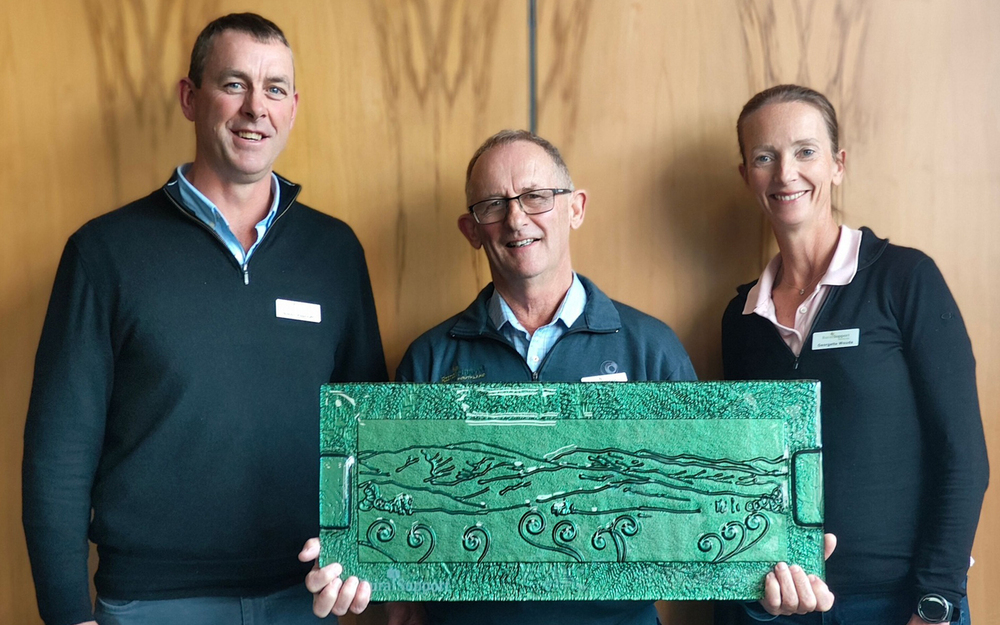
Lindsay Wright (centre) is farewelled from the Southland Rural Support Trust by chair Simon Hopcroft and vice chair Georgette Wouda. Photo: Supplied
This piloted in Gore in 2014, morphing into what is now the nationally renowned Good Yarn workshops.
“So far 23,000 people have attended one of these workshops in 10 years. That for me is a real buzz.”